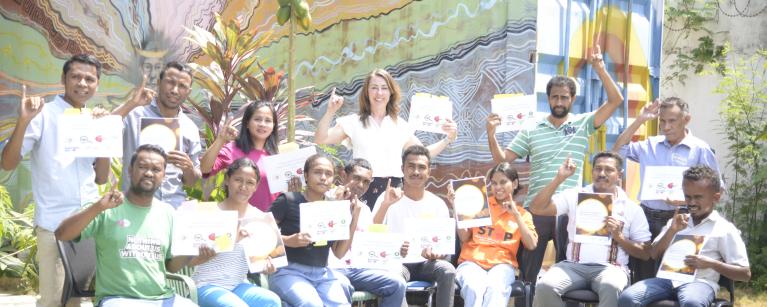Persons with disabilities (PwD) in Timor-Leste face numerous barriers, including widespread prejudices, economic inequalities, obstacles to employment and education, and inadequate access to public services and infrastructure. These challenges limit their full integration and perpetuate systemic marginalization. Timor-Leste has made strides to address these issues by updating its ‘National Action Plan for Persons with Disabilities’ (DNAP) and ratifying the United Nations ‘Convention on the Rights of Persons with Disabilities’ (CRPD). Despite these efforts, implementation has been inconsistent, and enforceable accessibility standards are lacking, highlighting the need for stronger legislation aligned with CRPD directives and Timor-Leste’s DNAP.
Our study evaluates the efficacy of existing accessibility policies for PwD in Timor-Leste, revealing significant challenges such as ineffective coordination between ministries, inadequate funding, and poor budget alignment. The lack of agreed-upon standards for universal design and ambiguity surrounding 'reasonable accommodation' policies further complicate matters. Limited access to information and unreliable disability data obstruct essential detail dissemination and policy evaluation. Recommendations include aligning policies with CRPD and DNAP, updating the action plan with the latest census data, establishing Disability Ambassadors, advancing universal design standards, standardizing sign language, and fostering partnerships with Disabled Persons Organizations (DPOs) to integrate accessibility measures and monitor implementation effectively.
Enumerators: Acacio da Costa, Elisabeth Lopes, Francelino dos Santos Serra, Severina Soares Amaral, Denilson Savio Marques da Silva, Edna da Cunha, Senhorina Madalena dos Santos, Alarico Fernandes, and Junior da Costa de Araujo
